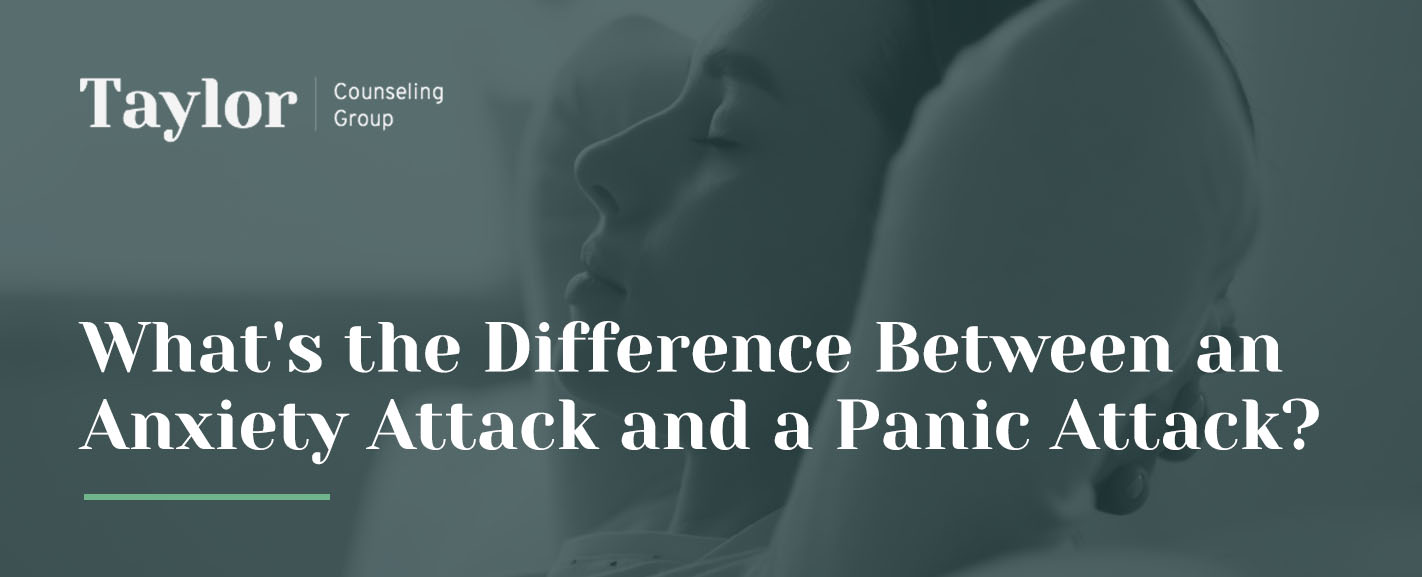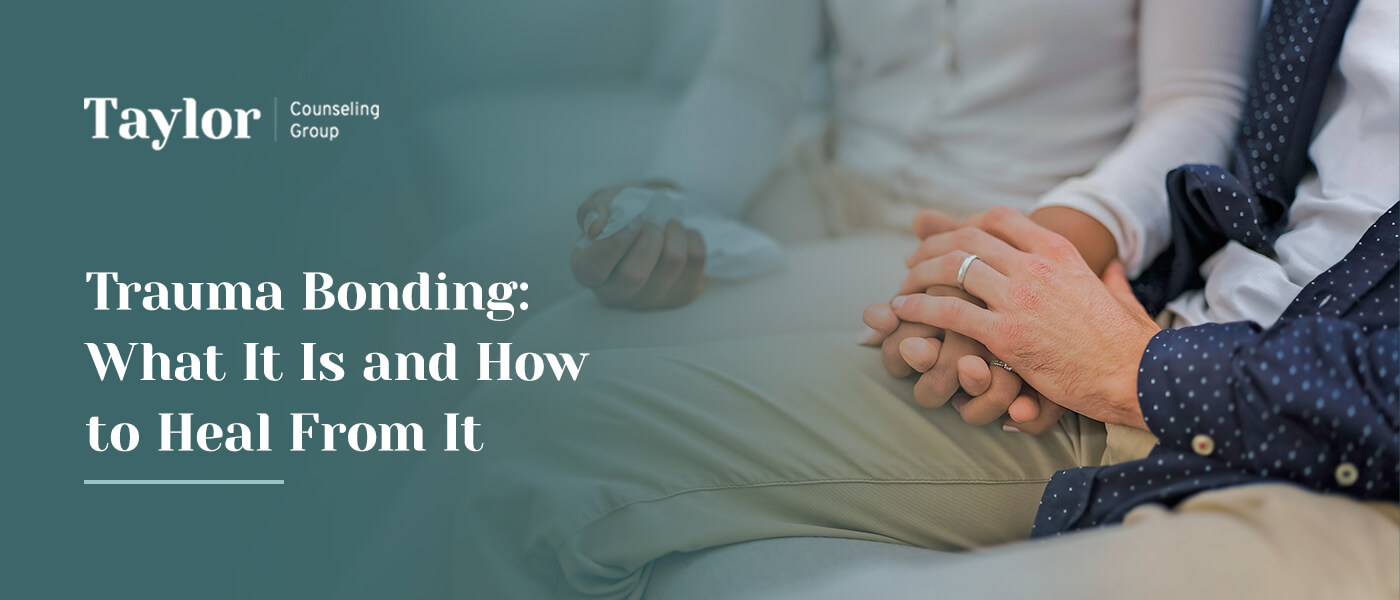Have you ever noticed how tricky dealing with family can be? Whether it’s your parents, siblings, children, extended family, or in-laws there’s a lot to navigate in the relationship. Remain in any relationship long enough and you’ll experience hurt and loss. You’ll probably also experience healing, but that takes more work and vulnerability, and isn’t as natural and easy as hurting each other.
So, family relationships are tricky. Now, add to that mental illness and the relationship can become even more complicated. According to the National Alliance on Mental Illness (www.nami.org) about 1 out of 5 adults experience mental illness in a given year, about 1 in 5 children aged 13 18 will experience a mental disorder at some point in their life, and of the adults in the U.S. with a mental health condition, only 41% received treatment in the past year. It’s safe to say you’ll interact with an individual with a mental health disorder in some close relationship. Perhaps for you, it will be in a familial relationship. Many people with mental health issues have a clear understanding of what they need from themselves, their treatment providers, and family members to maintain health. Others have a more difficult time understanding this and being able to communicate it. So if someone close to you has a mental illness what should you do?
While there’s no blueprint to cover all issues or individuals, here are a few suggestions:
-
- Practice empathy. This person didn’t ask for a certain condition and is probably more frustrated, stressed, afraid, and anxious about symptoms and effects of the condition than you are. Their life is impacted in ways yours isn’t.
- Gather information for yourself. Careful with this one, the internet is full of opinions which may not be relevant for you or your family member. Ask a mental health professional about the disorder, or for a book on the topic. If the family member is willing, perhaps you could join them at a psychiatric or therapeutic session to gain more understanding. Remember, if you attend it’s still not your session. You’re the guest.
- Enter into your own therapy. Therapy isn’t just for someone facing a debilitating disorder. Therapy can be a great avenue for you to process and discover different ways to manage your own emotional reactions to the family member. It can also be a place where you learn new communication and coping skills.
- Understand your role. It can be so difficult to sit back and watch as someone you care about makes decisions you think are unwise. Remember though, you can’t force someone to change. There’s a fine line between encouragement and disempowering someone by telling them what to do. This is another area your own therapy can be helpful.






